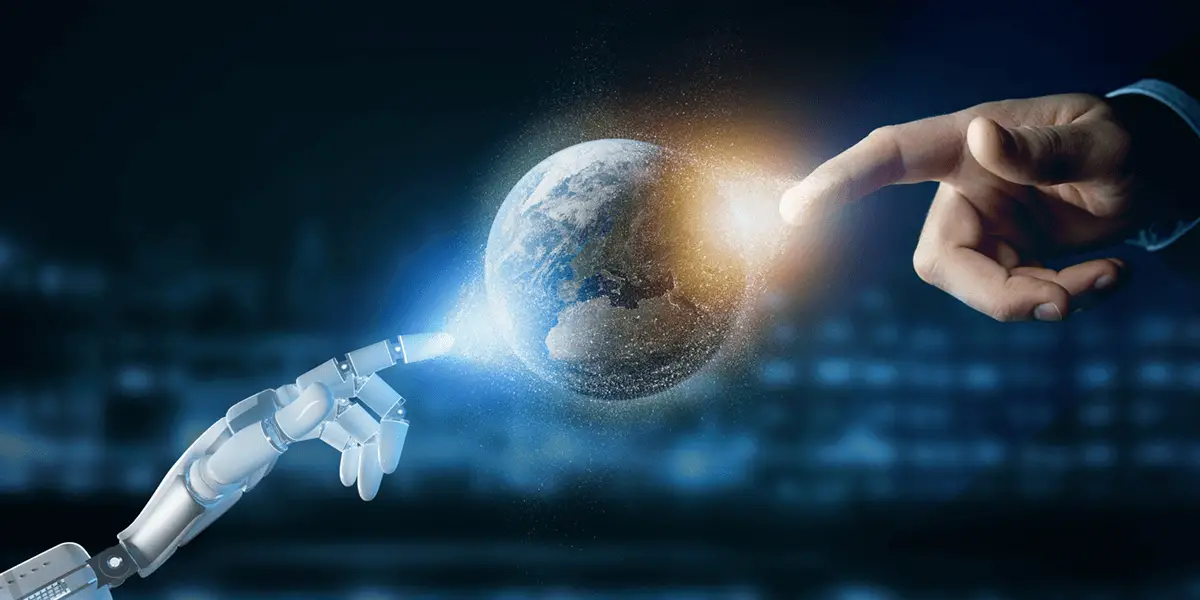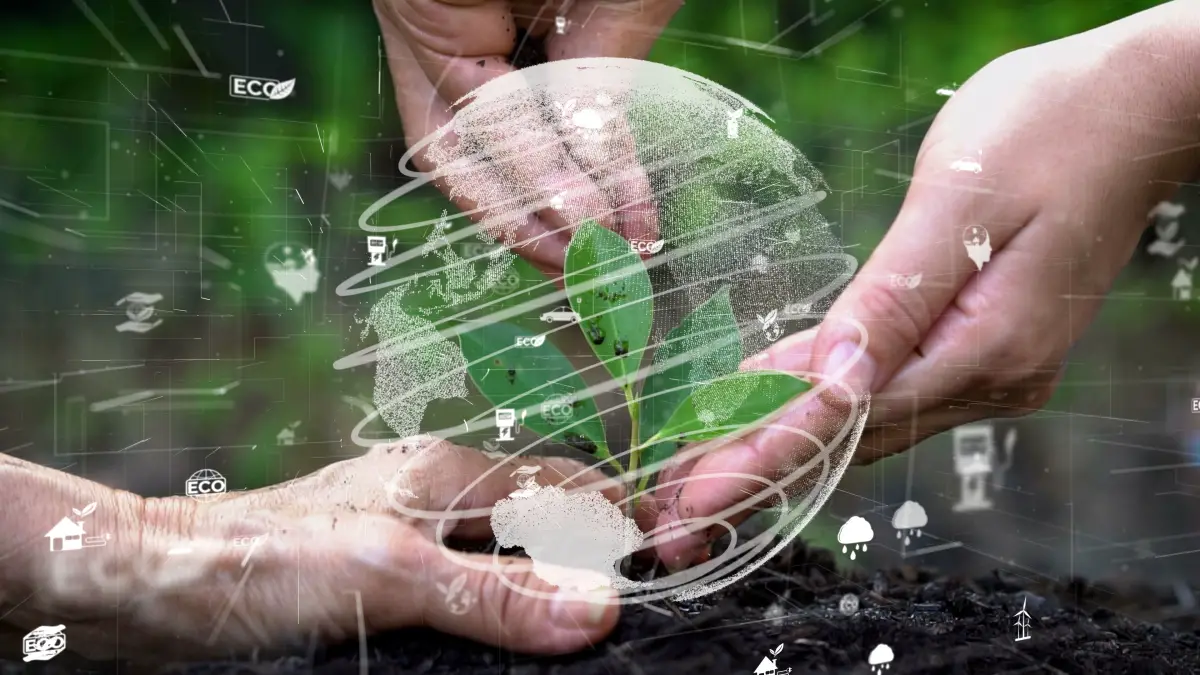The Role Of Ai In Combating Climate Change: Analysis And Action

Executive Summary
Artificial intelligence (AI) is powerfully transforming the way humans tackle climate change. This paper explores the history and development of AI’s role, and finds that while AI offers opportunities for combating climate change, it is important to understand the challenges and limitations of AI. Furthermore, it provides guidance on how governments and organizations can effectively use AI with practical solutions.
Introduction
Climate change is one of humanity’s most urgent challenges, and is already having a significant impact on the planet. AI has the potential to be a powerful tool in reducing greenhouse gas emissions, contributing to climate change mitigation and adaptation, and helping to build greater climate resilience. A better understanding of AI can help us maximize its benefits in dealing with this pressing issue of our time.
FAQs

- What is AI?
AI encompasses a broad range of technologies that enable machines to perform tasks that normally require human intelligence, including learning, reasoning, and problem-solving. - How can AI help combat climate change?
AI can help reduce greenhouse gas emissions, adapt to the impacts of climate change, and build greater climate resilience. - What are the challenges of using AI to combat climate change?
Some of these challenges include ensuring that AI is used in a responsible and ethical manner, addressing concerns regarding data privacy, and ensuring that AI is accessible to all countries and communities.
Top 5 AI Subtopics in Combating Climate Change

1. AI in Energy
- Renewable energy forecasting: AI can improve the accuracy of renewable energy forecasting, helping to integrate more renewables into the energy system.
- Smart grid management: AI can optimize the operation of smart grids, helping to reduce energy consumption and greenhouse gas emissions.
- Energy efficiency: AI can help identify and implement energy efficiency measures in buildings, industry, and transportation.
2. AI in Transportation
- Traffic management: AI can optimize traffic flow, reducing congestion and emissions.
- Electric vehicles: AI can help develop and improve electric vehicles, making them more efficient and affordable.
- Sustainable supply chains: AI can help optimize supply chains, reducing emissions from transportation and logistics.
3. AI in Agriculture
- Precision agriculture: AI can help farmers optimize their use of water, fertilizer, and pesticides, reducing environmental impact.
- Crop monitoring: AI can be used to monitor crop health and predict yields, helping farmers adapt to climate change.
- Sustainable land management: AI can help identify and promote sustainable land management practices, reducing deforestation and greenhouse gas emissions.
4. AI in Climate Adaptation
- Disaster risk management: AI can be used to improve disaster risk management, including early warning systems and evacuation planning.
- Climate change adaptation planning: AI can help decision-makers identify and prioritize climate change adaptation measures.
- Resilient infrastructure: AI can be used to design and build more resilient infrastructure, such as seawalls and flood control systems.
5. AI in Climate Finance
- Climate risk assessment: AI can be used to assess climate-related financial risks, such as those faced by insurers and banks.
- Green investment: AI can help identify and evaluate green investment opportunities, directing capital towards climate-friendly projects.
- Carbon accounting: AI can help track and account for carbon emissions, facilitating emissions reduction and offsetting.
Conclusion
AI has the potential to make a significant contribution to the fight against climate change. Its applications span a wide range of sectors, from energy and transportation to agriculture and finance. However, it is important to be aware of the challenges and limitations of AI, and to work to address these issues. By using AI responsibly and ethically, we can harness its power to build a more sustainable and climate-resilient future.
Relevant Keyword Tags:
Artificial intelligence
Climate change
Energy
Resilience
*Sustainability
